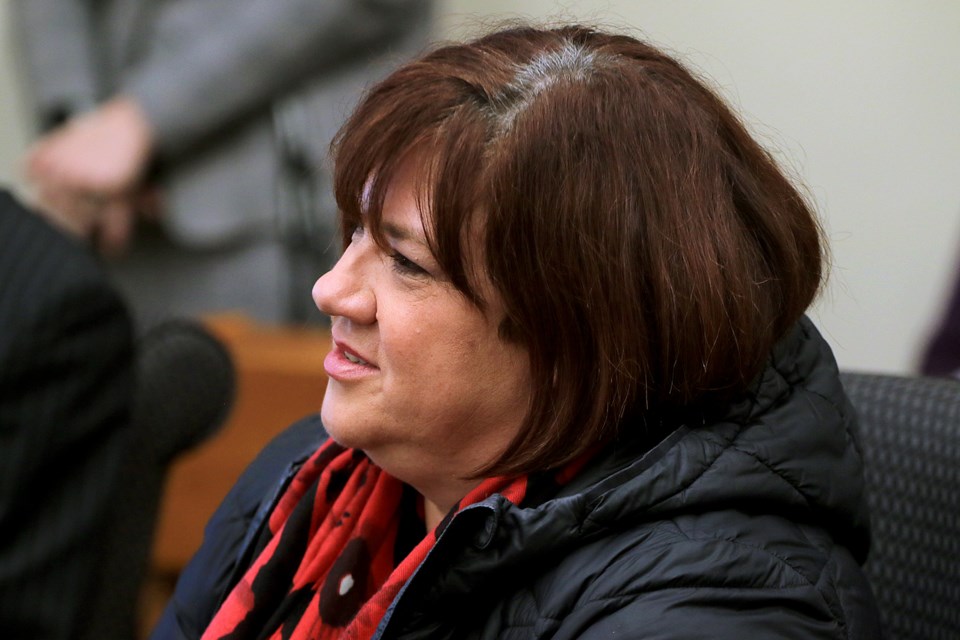THUNDER BAY – Federal government reform of the Post-Graduation Work Permit Program (PGWP) has worried city officials and businesses about the impact on the local economy.
On Monday, Coun. Kristen Oliver, chairperson of the inter-governmental affairs committee, brought forward a memorandum calling on the federal government to delay the implementation of PGWP reform.
Council unanimously voted in support of the memorandum.
Organizations, including Thunder Bay Chamber of Commerce, Thunder Bay Community Economic Development Commission (CEDC) and Northwestern Ontario Municipal Association (NOMA) are speaking out against the reformation of the PGWP because it excludes programs at Confederation College such as engineering, dental hygiene, early childhood education, and business.
“We're constantly hearing on social media or just even having conversations with parents in extracurricular activities and they're saying what a challenge they are in having to find adequate childcare so that people can return to work and contribute to the tax base,” Oliver told Newswatch in an interview before the committee of the whole meeting.
“So when we know that we don't have the domestic population growth in this area to support those jobs, we have to be looking outside of Canada to fill those gaps," she said, adding that reducing immigration will hurt the region's critical labour gap.
As more people begin to age out of the workforce, there is not enough of a population to replace them.
“When the federal government put this strategy in place that they're reducing immigration numbers, it was too quick, too fast and I think that they unfortunately may have lost sight of what the impacts are going to mean to smaller communities,” Oliver said.
“We see immigration tends to have a greater impact in the larger centres like Toronto, Vancouver, and Montreal. Smaller communities like Thunder Bay, where we are isolated, we don't have the same level of people coming in, but we require that workforce."
Oliver said the federal government should be directing immigration efforts toward more rural and remote areas in Northwestern Ontario to help revitalize local economies and contribute to the region’s growth.
“Fifty-thousand people need to move to this region by 2041. The numbers are a little bit of a moving target because we're not seeing people retiring at the traditional 65 anymore. But when we look at the demographics, the census breaks it down to how many people per population are needed in an age bracket,” Oliver said.
“We know we're gonna be in trouble here. That's just to sustain the current jobs we have already. That's not taking into consideration growth along the mining sector. We're starting to see a resurgence in the forestry sector. Now, we know that Ignace is a selected site for the (deep geological repository). These jobs are going to require bodies," she continued. "So how do we align the immigration policies that the federal government's implementing with what our current workforce looks like on the domestic side and where our employers are noticing they have gaps."
Moving forward Oliver said that they will continue to have conversations with the Chamber of Commerce and the wider business community at large to find solutions to their staffing challenges.
“But in the meantime, we will definitely be engaging with our MPs to see if they can advocate for us on our behalf as well too and recognize that they do have a duty to support the people in their riding,” said Oliver.
